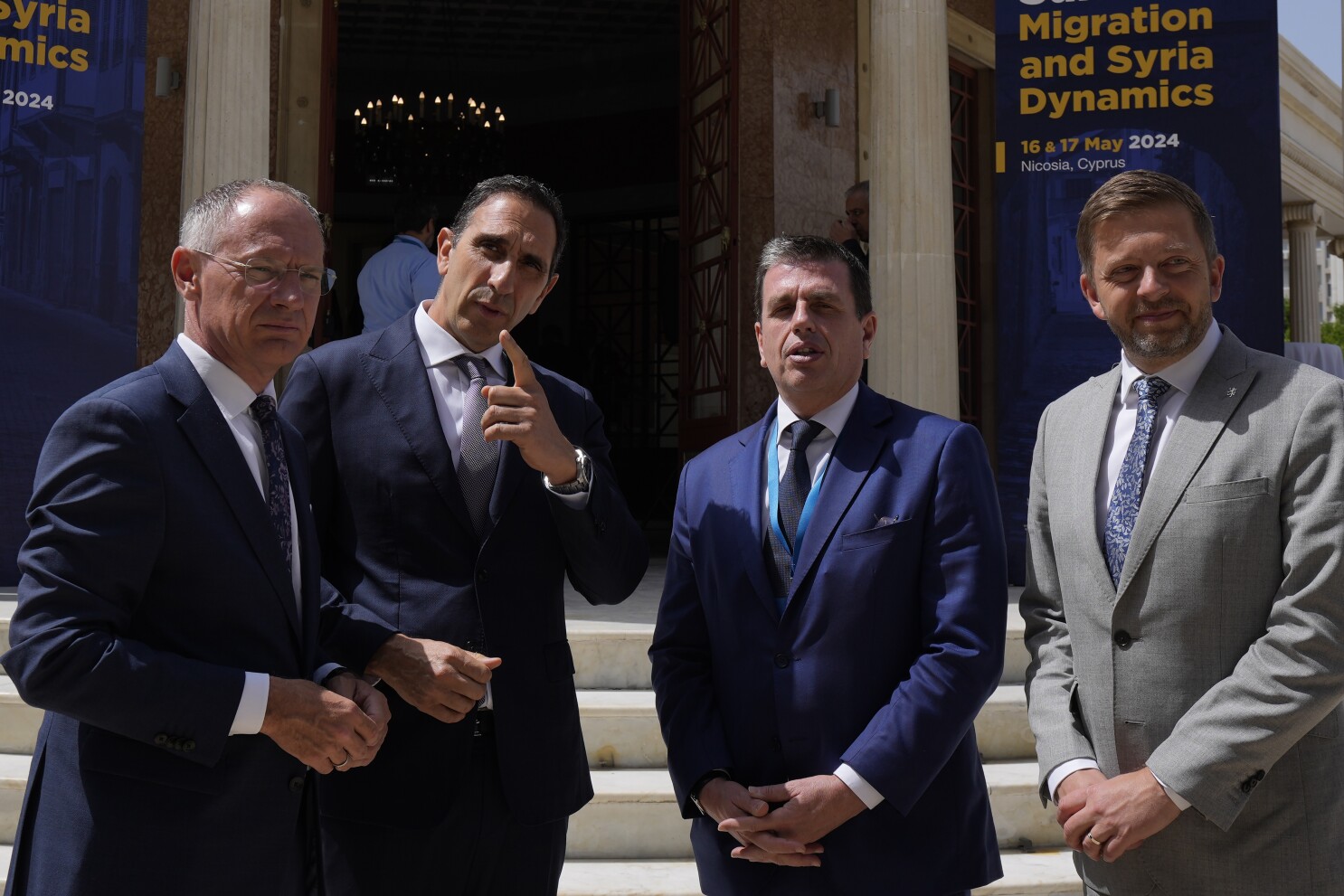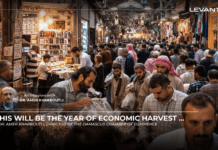
Far-right political factions in the Netherlands and across Europe are escalating rhetoric against Syrian refugees, following a recent stabbing incident in Germany involving a Syrian national. In the Netherlands, the Freedom Party and other right-wing groups are pushing for the designation of certain areas in Syria as “safe” for return, raising concerns among refugees who fear they may be forced back to a country still grappling with conflict.
The discussion around returning refugees to Syria has gained momentum after the leader of the Dutch Freedom Party, Geert Wilders, proposed declaring parts of Syria “safe,” echoing similar moves in countries like Denmark and Sweden. The Dutch government is now investigating whether it is feasible to repatriate some Syrian refugees, marking a shift in the country’s traditionally liberal stance on asylum seekers.
Wilders, known for his anti-immigration and Islamophobic stances, is calling for a parliamentary debate next month to reclassify Syria as “partially safe,” which would halt the issuance of new residence permits to Syrians. “The whole of Europe is filled with refugees, many of them from Syria,” Wilders said on social media. “We need to stop granting residence permits and repatriate those who haven’t returned yet.”
The proposal comes in the wake of an incident in Solingen, Germany, where a Syrian refugee allegedly stabbed three German citizens. The event has intensified anti-refugee sentiment, with far-right parties seizing on the attack to bolster their political agenda. Wilders’ Freedom Party is part of the ruling coalition, along with the New Social Contract Party, the Peasants’ Party, and the People’s Party, many of whom have expressed varying degrees of support for reevaluating Syria’s safety.
While some coalition members are cautious about declaring parts of Syria safe, others like the Peasants’ Party are more aligned with Wilders. Claudia van Zanten, an MP for the party, pointed to a recent court ruling in Germany that designated parts of Syria as safe. “International treaties allow for the return of refugees to safe areas,” she said, urging the Dutch government to consider similar steps.
However, the ruling People’s Party remains more reserved, insisting on waiting for a formal assessment from the Dutch Foreign Ministry. According to the party, a detailed report on Syria’s security situation is expected later this year. Still, sources suggest it could take longer due to the complexity of gathering reliable information from a country where the Netherlands has no diplomatic presence.
Syrians are the largest group of asylum seekers in the Netherlands, many of whom fled the violence and brutality of war and the Assad regime. Under existing Dutch asylum policies, Syrians are generally granted protection because their home country is deemed unsafe. However, with the rising influence of right-wing parties, many refugees fear they could be forced to return to a country still rife with insecurity.
Fears have mounted following a recent demonstration in Utrecht, where hundreds of Syrian refugees protested the government’s potential shift in policy. Waving the flags of the Syrian revolution and calling for the removal of Assad, the demonstrators voiced their opposition to the notion of “safe zones” in Syria. Many pointed out that as long as Assad remains in power, there is no true safety in returning.
The Netherlands is not the only European country facing debates about Syrian refugees. Denmark and Sweden have already taken steps to declare parts of Syria safe, a move that has sparked international criticism. These countries have begun revoking residence permits for some Syrians, forcing them to either leave or face deportation. Germany, while not yet declaring Syria safe, has seen rising anti-immigrant rhetoric, particularly after the stabbing incident in Solingen.
Within the EU the issue of Syrian refugees is becoming increasingly divisive. Countries like Germany, Italy, and France, which host large refugee populations, are facing mounting pressure from far-right parties to tighten immigration policies and normalize with the Assad regime. In response, the EU has called for unified asylum policies across member states, though individual countries retain significant autonomy over their refugee and immigration laws.
Mark Claassen, an associate professor at Leiden University’s Europe Institute, notes that EU regulations strictly define what constitutes a “safe country” for refugees. “These kinds of policies,” says Claassen, “are difficult to implement unilaterally. They would likely face challenges at the EU level.”








